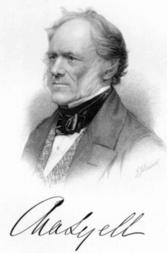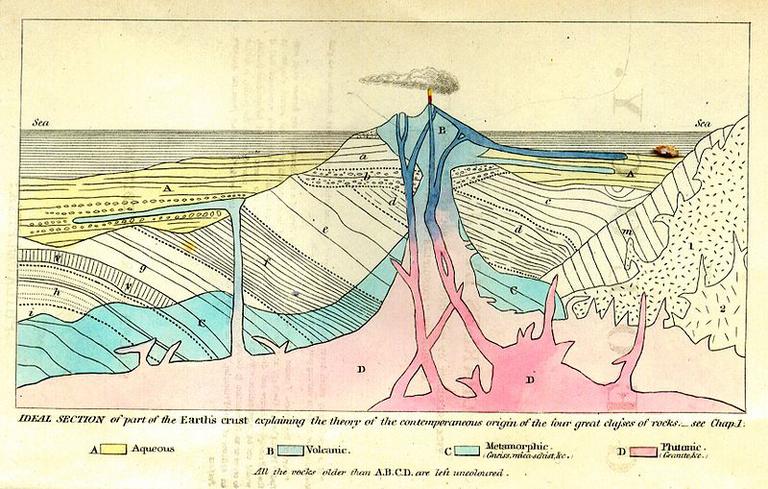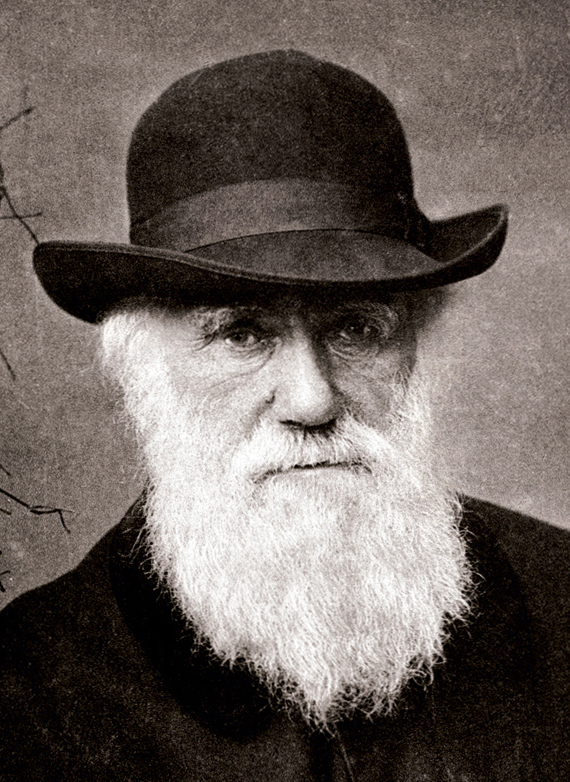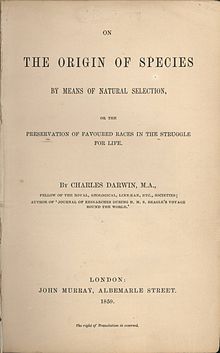 | ||||
Pre-Darwinian Evolutionary Theory - P3
Charles Lyell
(1797-1875)
Scottish Lawyer and Geologist
SPO VIRTUAL CLASSROOMS
Page last updated: 11/2015
You have FREE access to a large collection of materials used in a college-level introductory biology course. The Virtual Biology Classroom provides a wide range of free educational resources including PowerPoint Lectures, Study Guides, Review Questions & Practice Test Questions.
Throughout time the planet has continually undergone processes that change and shape the land, including erosion, earthquakes, glacial movements, volcanoes, and even the decomposition of dead plants and animals. The theory that resulted from Lyell’s observations was called uniformitarianism.
PAGE 3 < Back to Page 2
Uniformitarianism:
Charles Lyell
(1797 - 1875)
Charles Lyell, an English lawyer and geologist had carefully examined European geological deposits and concluded that catastrophism theory was wrong. Although such catastrophic events may rarely occur, Lyell believed that there was more commonly an accumulation of progressive changes over long periods of geologic time.
Lyell documented the fact that the earth must be extremely old.
The theory of uniformitarianism had originally been developed by the Scottish geologist, James Hutton, who also proposed that the natural forces currently changing the shape of the earth's surface had been operating throughout time in much the same way.
Paving the Path to Darwinism
An understanding of uniformitarianism was instrumental in leading Charles Darwin to his astute observations on biological evolution in the 1830's.
The frontispiece from Charles Lyell's Principles of Geology (second American edition, 1857), showing the origins of different rock types.
Charles Darwin ,1881,
72 years old.
In 1858, Charles Darwin and Alfred Wallace released a joint scientific paper which introduced the concept of evolution by means of natural selection. This paper, along with Darwin’s subsequent publication, “The Origin of Species”, changed the way science and society explained events in our natural world.
 | ||||||
SPO is a FREE science education website. Donations are key in helping us provide this resource with fewer ads.
Please help!
(This donation link uses PayPal on a secure connection.)
Sources & Resources
- Brown, Bryson (2007) Evolution: A Historical Perspective. Greenwood Press.
- Campbell & Reece (2005) Biology, 7th Edition. Pearson.
- Understanding Evolution website from University of California Museum of Paleontology.
- Evolution website from PBS.
- Fun Interactive Evolution Activity from the BBC's GCSE Bitesize.
- New NOVA Evolution website from PBS.
- Interactive Evolution Timeline from John Kyrk.
- Charles Darwin and Evolutionary Theory, "Class Notes" from ScienceProfOnline.
- Evolution & Natural Selection, "Class Notes" from SPO.
- Role of Genetic Mutation in Evolution, "Class Notes" from SPO.
- "Darwinvaganza" Radiolab episode from WNYC.
- Charles Darwin Biography episode.
- Voyage of the Beagle, by Charles Darwin. Audio reading from LibriVox.
- "In Defense of Darwin" Radiolab episode featuring Richard Dawkins.





